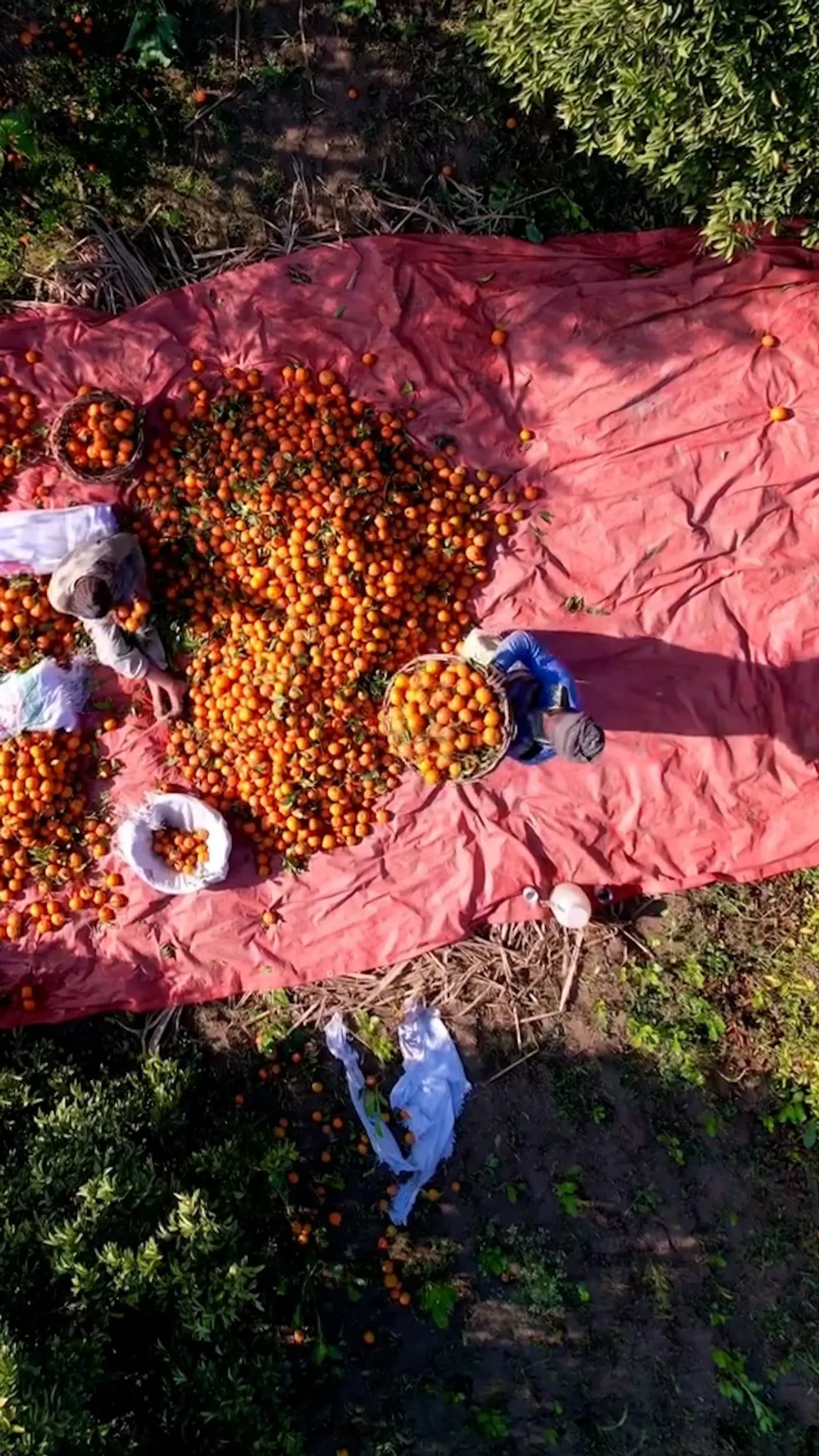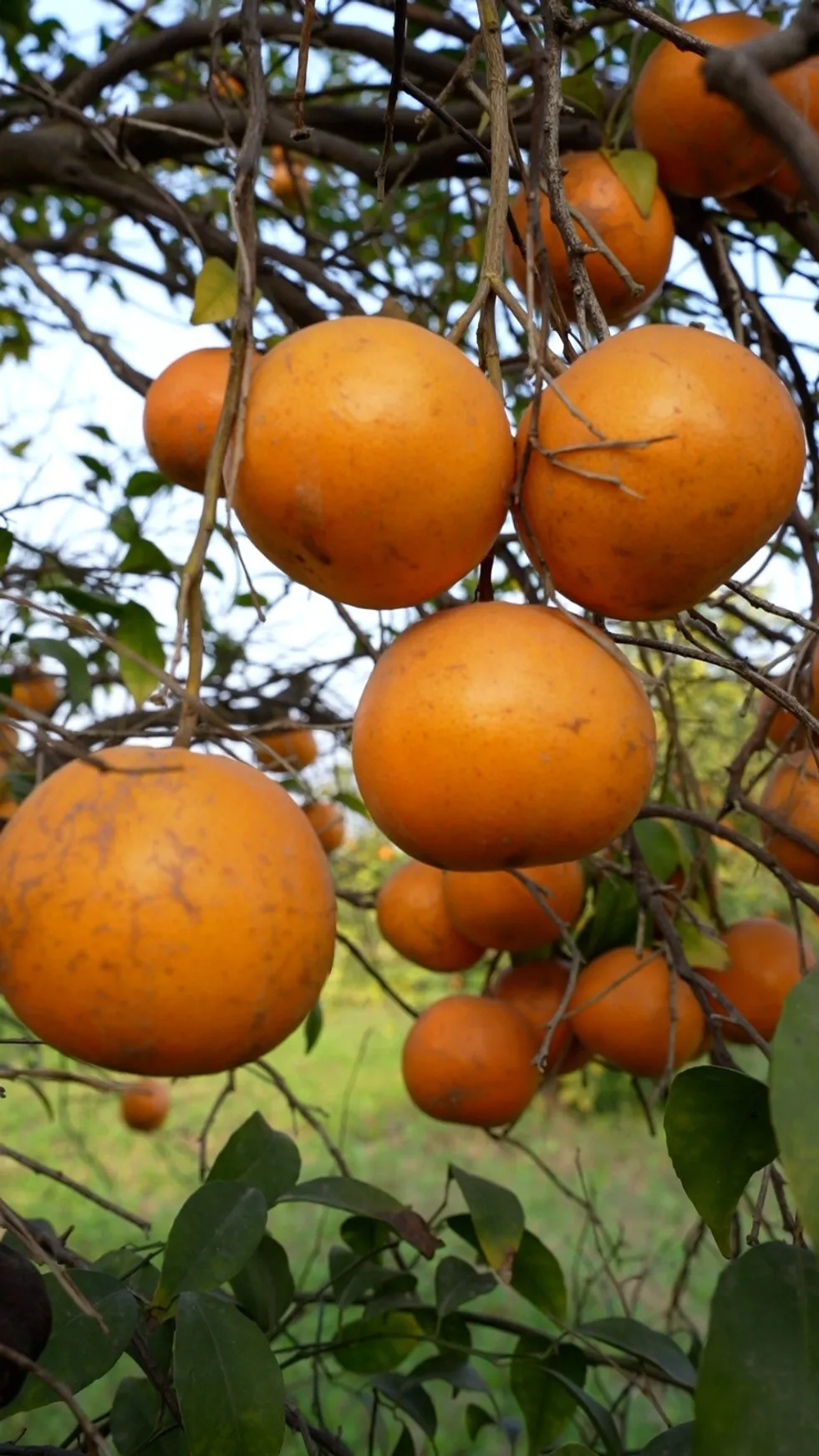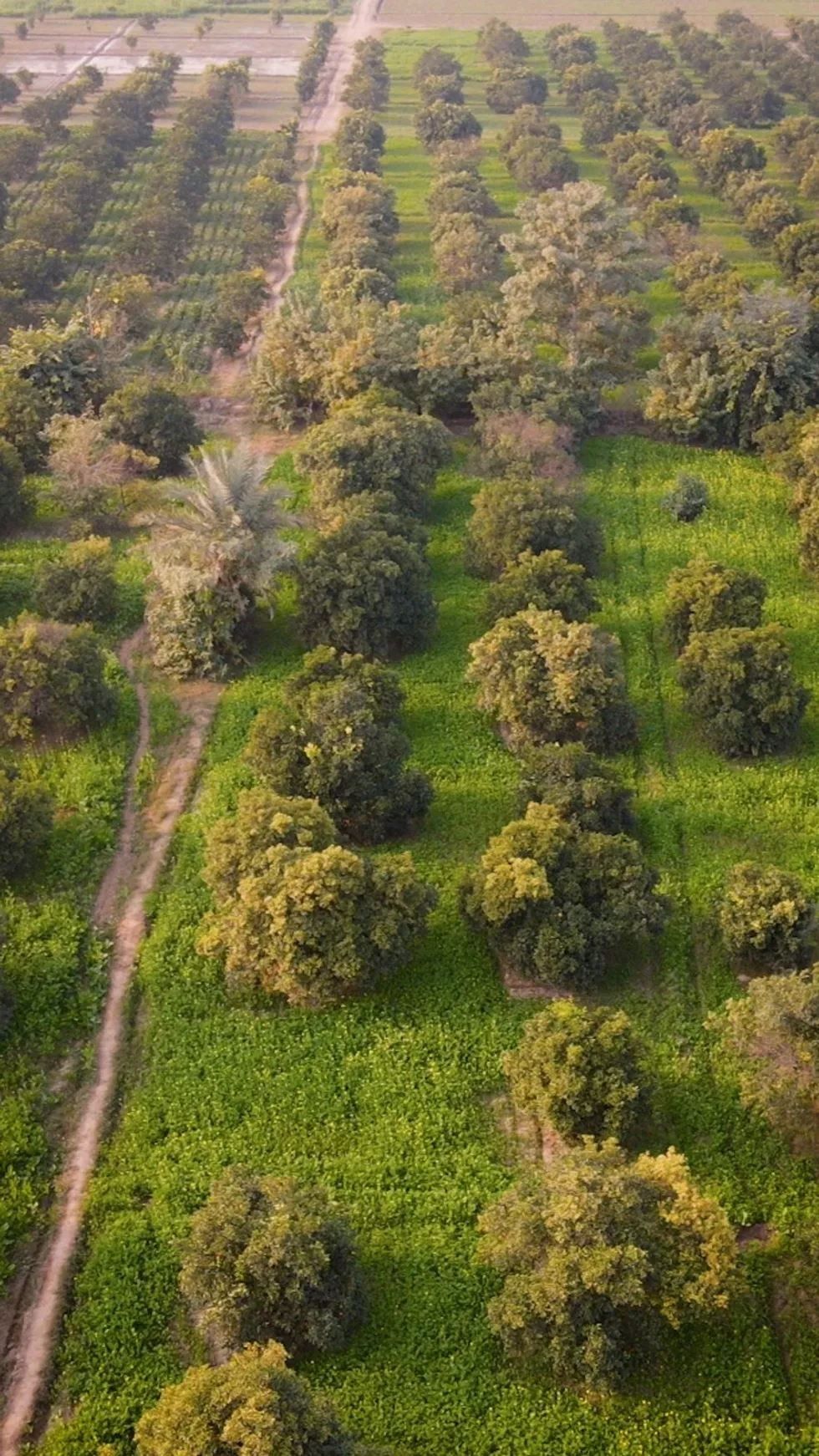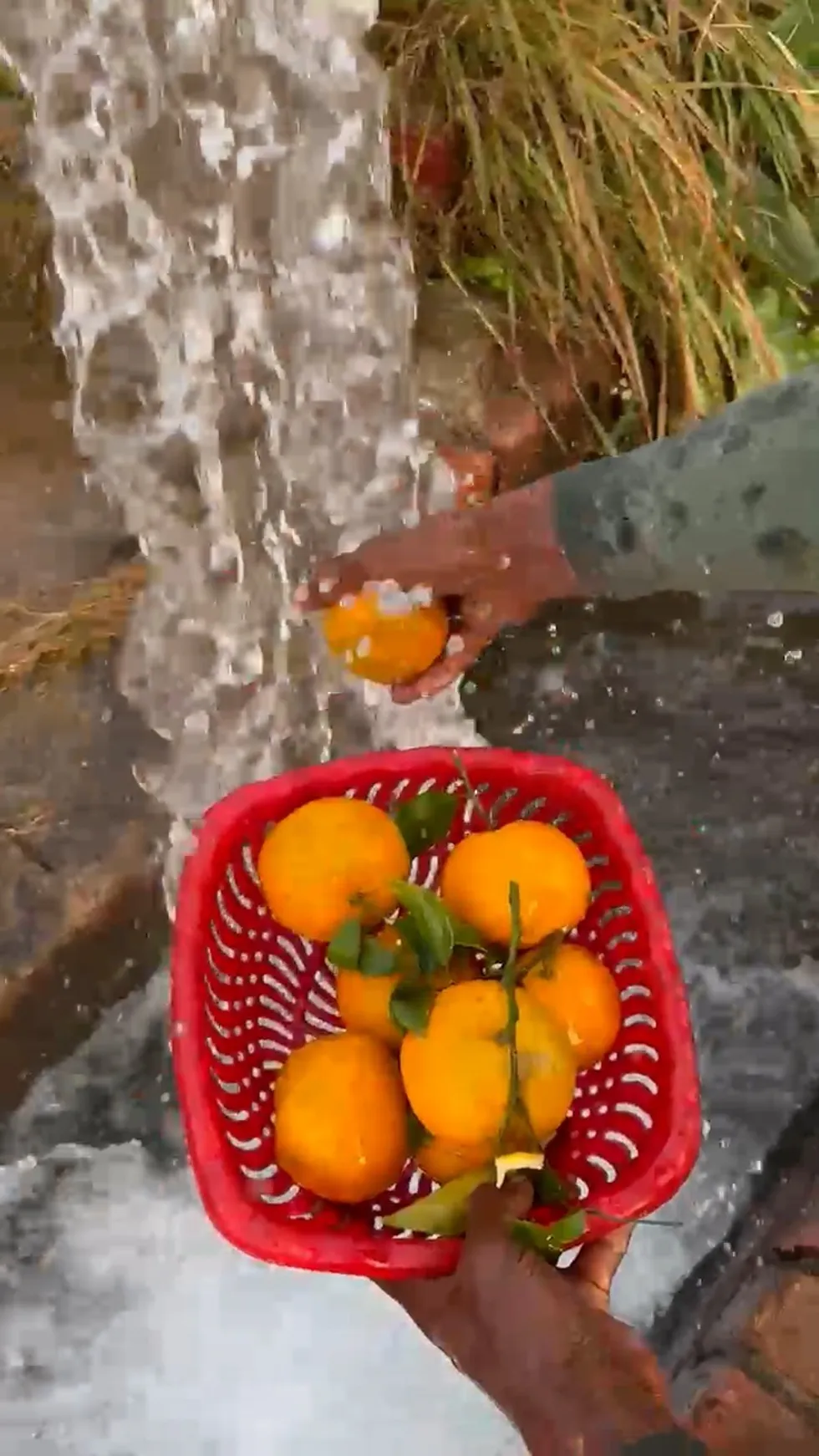Pakistan’s citrus industry faces decline despite global legacy
Kinnow shines as Pakistan’s citrus hallmark, but declining exports highlight need for innovation and diversification

Murtaza Dar
Editor, Lahore
Murtaza is a journalist and digital strategist with over two decades of experience in the media industry, having held leadership positions in Pakistan’s leading media organizations
Pakistan produces more than 60 varieties of citrus fruits
Punjab government allocate 1.5 billion rupees for revitalizing the citrus industry
Farmer skepticism continues
Pakistan, a country renowned for its agricultural diversity, is home to over 60 varieties of citrus fruits. At the heart of this industry is the kinnow, a fruit that has become synonymous with the nation’s citrus identity.
Interestingly, kinnow’s journey began far from Pakistan. Originally cultivated in California, the U.S. Department of Agriculture introduced the fruit to the region by gifting plants to various countries, including the Agriculture College in Lyallpur, now the University of Agriculture Faisalabad. From there, kinnow spread to Punjab, with Sargodha emerging as the hub of its production.
Sargodha’s golden era
The fertile lands of Sargodha district proved ideal for kinnow cultivation, making it a leader in volume, taste, and quality. Today, Sargodha accounts for nearly 200,000 acres of the 400,000 acres of kinnow orchards in Pakistan. In total, the country produces about 2.5 million tons of citrus annually, with kinnow dominating the sector.
Processing factories in Sargodha grade the fruit into two main categories:
- Category A: Export-quality kinnow sent to Dubai, Russia, Malaysia, Bangladesh, Europe, and Canada.
- Category B: Lower-grade kinnow sold domestically.
Despite this historical success, Pakistan’s citrus industry is facing sharp declines.
Declining exports
Once ranked among the top ten global citrus exporters, Pakistan has slipped to 15th place. In the past five years, kinnow exports have dropped by nearly 50%. Environmental pollution, outdated cultivation methods, and dependence on a single kinnow variety have contributed to this decline.
Experts warn that without diversification and innovation, the industry could deteriorate further. “Over-reliance on a single variety is risky,” said an agriculture specialist.
Efforts to revive the industry
The Punjab government has allocated 1.5 billion rupees to rejuvenate citrus farming, establishing research institutes in key cities. However, local farmers remain doubtful about the impact. “There’s insufficient support for grassroots-level implementation,” a farmer from Sargodha said.
The path ahead
Pakistan’s citrus industry has vast potential, but experts argue that it requires a strategic overhaul. Diversifying citrus varieties, adopting modern farming practices, and addressing farmers' concerns are critical steps.
With effective reforms, Pakistan could reclaim its position as a global citrus powerhouse, turning its kinnow legacy into a sustainable future.












Comments
See what people are discussing